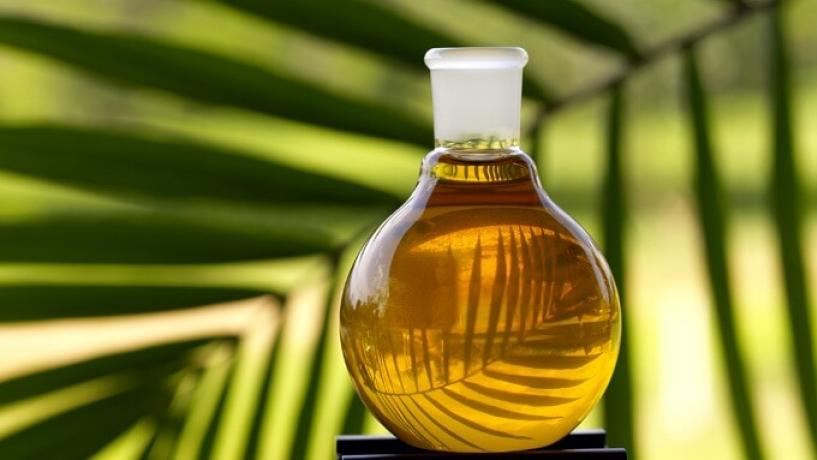
Just last week, the world’s largest consumer products company, Proctor & Gamble changed its policy for palm oil supply in reaction to pressure from activist group Greenpeace, vowing to use only sustainable palm oil in its products.
The Sustainable Palm Oil Trend
The trend toward sustainable palm oil is growing by leaps and bounds. As consumers revolt against unethically sourced palm oil, more retailers, suppliers and food manufacturers are committing to source palm oil from farms in Malaysia and Indonesia who practice sustainable agriculture and treat their workers fairly.
Currently, products with unsustainable palm oil abound in Australian supermarkets, making up about 50% of packaged products in-store. Worldwide production of the oil has doubled over the past decade and will double again by 2020.
Ethical Challenges for Food Retailers and Manufacturers
So what challenges does this present for food retailers and manufacturers as they navigate the ethical issues surrounding palm oil? Is sustainable palm oil a sustainable option for food manufacturers?
Meeting Consumers Half-Way
As consumers grow more educated about where palm oil comes from, including its nutrition, safety, and the ethicality of the farms that produce it, food manufacturers may find their palm oil products rejected and left neglected on supermarket shelves. According to a food analyst from Food Navigator, food manufacturers who do not adapt to consumer pressure will likely be left behind. This issue is manifold.
Researching Palm Oil and Its Nutrition
Firstly, more research needs to investigate the long-term effects of palm oil in our bodies. Currently, opinions about palm oil’s nutritional value and food safety are divided. Some claim that palm oil is beneficial due to its high saturated fats, while others speculate that ingesting it results in a higher inflammation in “plasma and adipose tissue” than alternatives like rapeseed or sunflower oil. A lack of solid research in this area stirs confusion.
Unethical Farms And Managing Your Supply Chain
Secondly, no one knows what percentage of palm oil is being produced illegally, using methods that devastate forests. Looking toward 2015, food retailers and manufacturers will need to enforce stronger regulations on the way they source palm oil for their products, as controversy can and will shatter consumer trust.
Monitoring Future Trends
Thirdly, manufacturers will need to proactively anticipate and adapt to future changes in the industry. This may involve adding labels to products to indicate whether the ingredients inside are ethically sourced or nutritious, like the star rating nutrition system launched this week. Actively monitoring consumer trends and safety in the foods your market is vital to stay competitive in an increasingly ethically-demanding marketplace.





